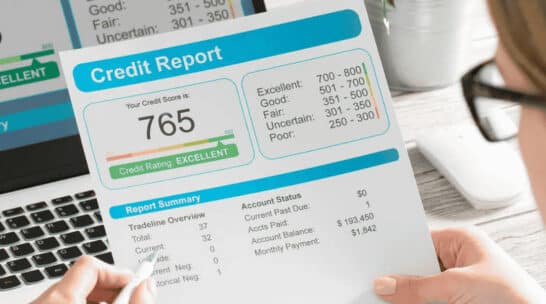The tax debt compromise program can be a good option for some people or businesses, but not all. Trying to decide if it’s for you? Tax Network USA can help ensure that it’s the best move. Before you apply, consider the following information and speak with one of our tax professionals.
What is the tax debt compromise program?
The Tax Debt Compromise Program, or Offer in Compromise Program, is offered by the IRS to allow you to settle your tax debt for less than the full amount that you owe.
Is the tax debt compromise program legitimate?
Yes! The tax debt Offer in Compromise Program is a legitimate program offered by the Federal Government to assist tax payers, and may be a great option for you to lower the amount you owe to the IRS.
Who qualifies for an offer in compromise?
People who can’t pay their full tax amount or people who would have financial hardship after paying the full amount owed qualify for an offer in compromise.
The IRS considers the following information and circumstances when deciding qualification for offer in compromise:
- Ability to pay
- Income
- Expenses
- Asset equity
Are you eligible for the tax debt compromise program?
You can check if you are eligible for an offer in compromise by using the Offer in Compromise Pre-Qualifier Tool.
You’re eligible to apply for an Offer in Compromise if you:
- Filed all required tax returns and made all required estimated payments
- Aren’t in an open bankruptcy proceeding
- Have a valid extension for a current year return (if applying for the current year)
- Are an employer and made tax deposits for the current and past 2 quarters before you apply
Is the tax debt compromise program a good idea?
There are many pros and cons to deciding whether an offer in compromise is the right next-step in resolving your IRS debt.
One thing is for sure: An OIC is not a one-size-fits-all affair. There are many factors to think about before attempting to settle with the IRS.
To make sure an offer in compromise is a good idea for you, call the Tax professionals at TaxNetworkUSA today.
How likely is the IRS to accept an offer in compromise?
The IRS generally approves an offer in compromise when the amount you offer represents the most they can expect to collect within a reasonable period of time from you. What they can “expect to collect” is based on Federal Guidelines.
Is there a one-time tax forgiveness?
Yes. One-time forgiveness, otherwise known as penalty abatement, is an IRS program which forgives any penalties you’re facing if you have made an error in filing an income tax return or paying on time. A tax payer who is generally on time with filing and doesn’t typically owe, will most likely qualify for this type of forgiveness.
This program isn’t for you if you’re notoriously late on filing taxes or have multiple unresolved penalties.
What is the average cost when using the tax debt compromise program?
On March 12, 2020, final regulations were released that increased the OIC user fee from $186 to $205 (effective for OIC applications submitted after 4/27/2020).
The real cost – the offer amount
If you qualify for an offer in compromise, you will determine how much to offer the IRS. The “offer amount” in an OIC is the amount the IRS will reasonably collect from you before the statute to collect expires.
This is their “Reasonable Collection Potential” (RCP). RCP is a formula of how much the IRS will accept to settle a tax liability. RCP is equal to your “net realizable equity” (NRE) in your assets, plus a component of your future monthly disposable income (usually 12 or 24 months) depending on the type of OIC payment method.
Our qualified tax professionals are standing by to help you calculate your RCP,
How long do you have to pay off an offer in compromise?
You can pay a lump sum over five months OR make monthly payments over a period of 24 months.
Does IRS offer in compromise affect credit?
Currently, the IRS offer in compromise programs does not affect your credit score. However, if you’re considering filing for bankruptcy then it will likely have an adverse effect on your credit score and there are other factors that can also negatively impact a person’s number (late payments, loans, etc).
It is important to explore all other payment options before you submit an offer in compromise. Call Tax Network USA today to talk with a tax professional. Tax Network USA agents are standing by to help you explore all your payment options and to help you file an offer in compromise to the IRS.



